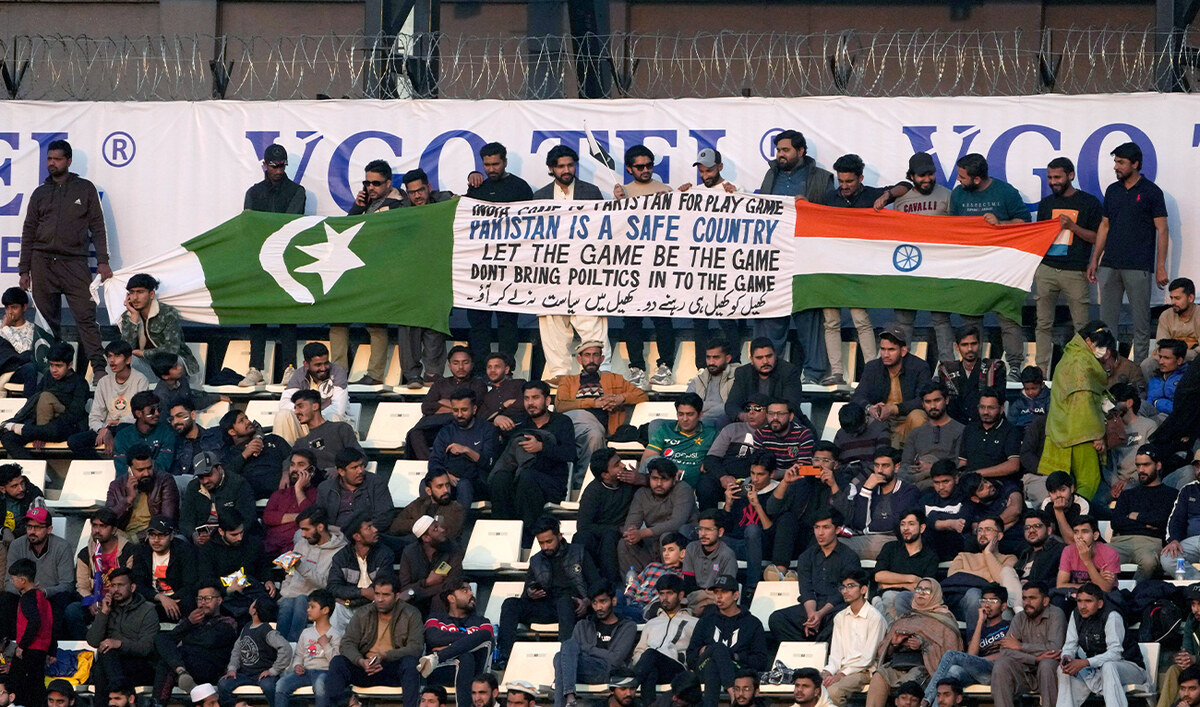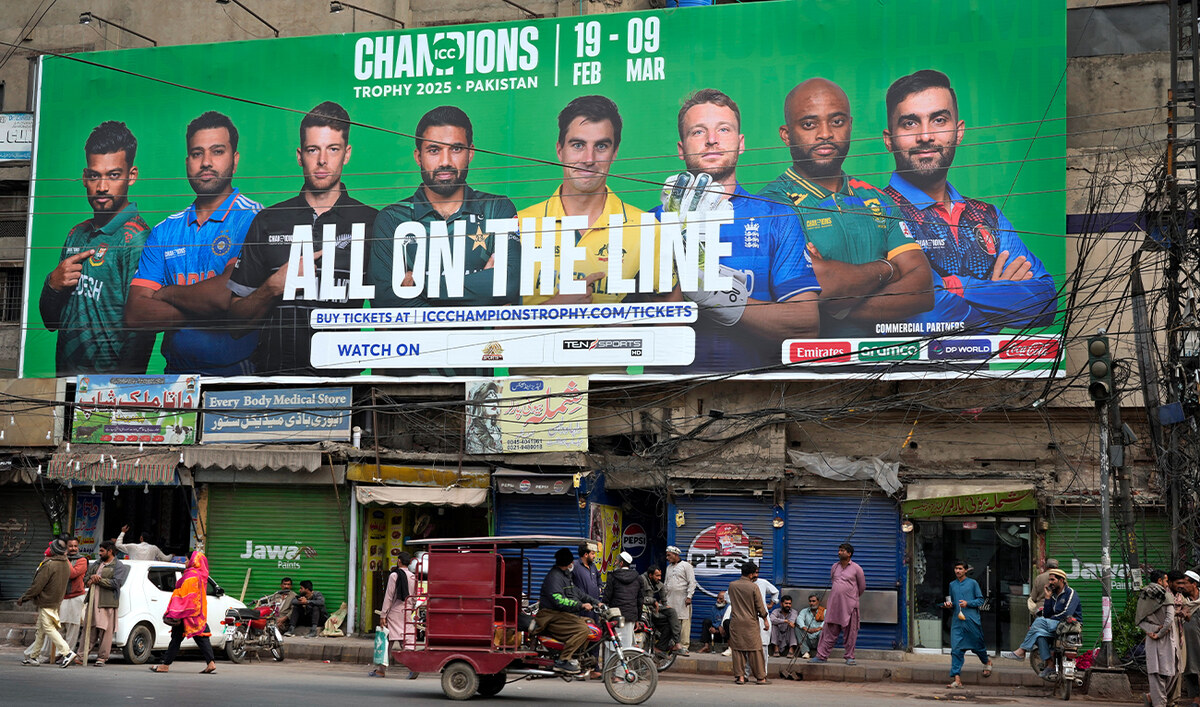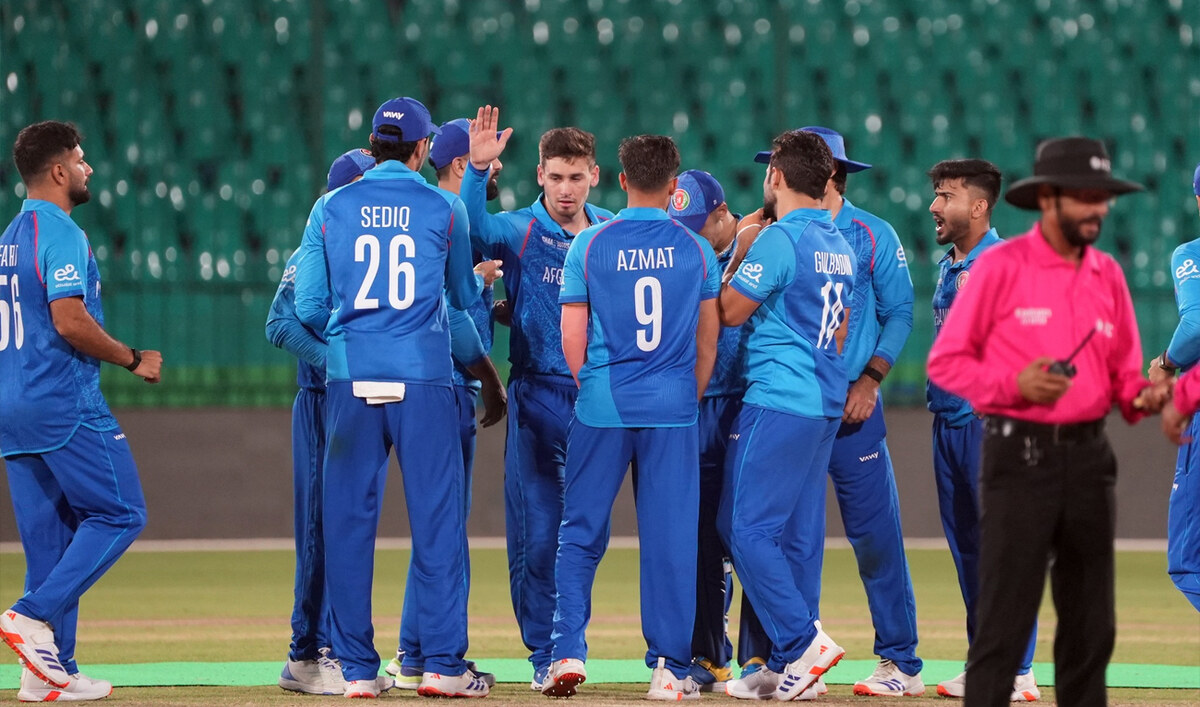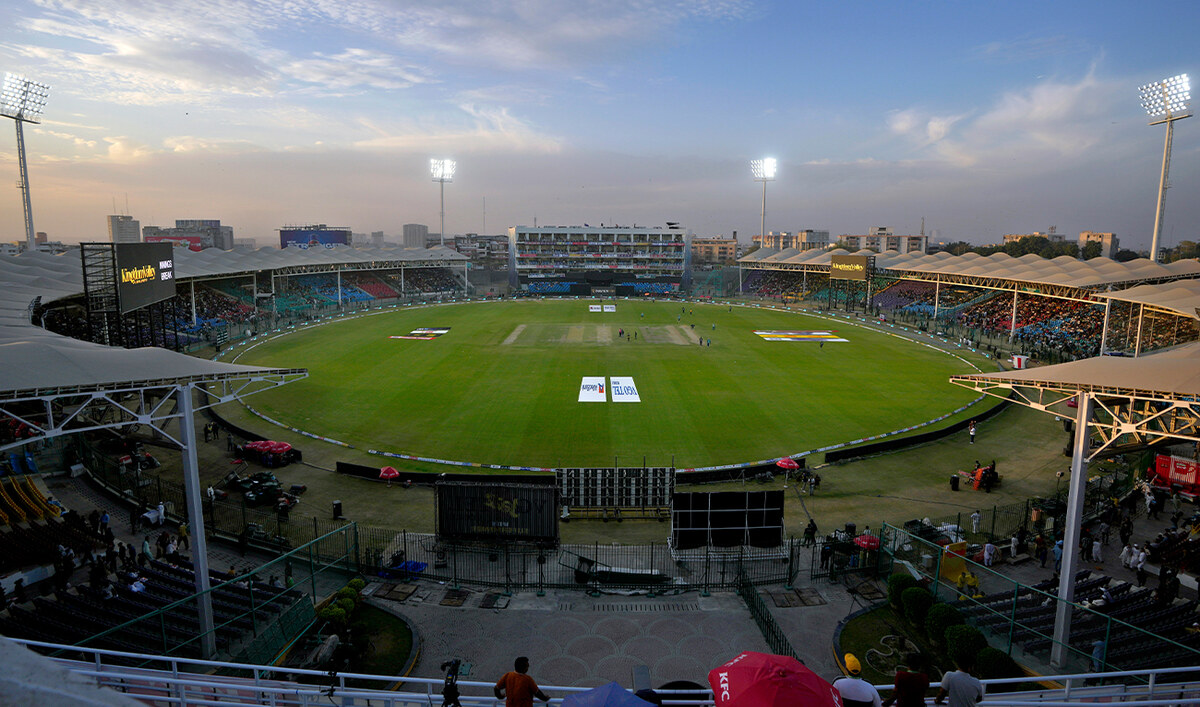ISLAMABAD: The Pakistani Prime Minister’s Office on Tuesday notified the list of new federal ministers, bringing in few new faces as premier Shehbaz Sharif seeks continuity in pushing through economic reforms under the watchful eye of international lenders.
Sharif appointed four-time former finance minister Ishaq Dar his foreign minister and reappointed Khawaja Asif to defense, Ahsan Iqbal to planning and Azam Nazeer Tarar to law. The only woman in the cabinet is Shaza Fatima Khawaja, who has been appointed minister for IT and telecommunications.
Sharif, who was elected to his second term as prime minister last week, was at the helm when Pakistan and the IMF produced an $3 billion bailout loan accord in July. Now, he has appointed Muhammad Aurangzeb, the CEO of Pakistan’s largest bank, HBL, to look after the finance ministry, as the government’s first order of business will be negotiating a new IMF deal when the current one expires this month.
“In terms of rule 3(4) of the Rules of Business, 1973, the Prime Minister has been pleased to allocate the portfolio / business of the Government to the Federal Ministers, as follows,” the prime minister’s office said in a notification, releasing the names of 18 new ministers.
Dar, who will now take care of the foreign ministry, told Reuters he wanted to ramped up the role for economics in the nation’s diplomacy as the country tries to secure another International Monetary Fund (IMF) deal and shore up external financing from foreign capitals.
“Economic diplomacy is the need of the hour,” he said.
Dar will be assisted by Syed Tariq Fatemi, a Sharif family loyalist and former ambassador who served as Special Assistant on Foreign Affairs to Sharif in his last government and will take over the portfolio again. He was also an adviser on foreign affairs during the last government of Nawaz Sharif, the elder brother of the current PM.
Fatemi has previously served as Pakistan’s ambassador to the United States and the European Union. He was also federal secretary, the highest rank in the country’s civil service.
“NO WASTE OF TIME”
Growing economic challenges will dominate the new government’s agenda.
Aurangzeb, the new finance minister who has never held public office before, told Pakistan’s Dawn newspaper his primary focus would be to implement much-needed economic reforms and get a new IMF deal.
“No debates, no waste of time — just a steadfast commitment to implementation,” he said soon after taking oath.
Inflation touched a high of 38 percent with record depreciation of the rupee currency under Sharif’s last government from April 2022 to August 2023, mainly due to structural reforms necessitated by the IMF bailout deal in 2023. Pakistan continues to be enmeshed in economic crisis with inflation remaining high, hovering around 28.8 percent, and economic growth slowing to around 2 percent.
Sharif’s first order of business, as he admitted on Monday in his first cabinet meeting, was taking tough decisions to steer the country out of financial crisis, including bagging a new bailout deal from the IMF.
A new program will mean committing to steps needed to stay on a narrow path to recovery, but which will limit policy options to provide relief to a deeply frustrated population and cater to industries that are looking for government support to spur growth.
Ahsan Iqbal, a senior member of Sharif’s Pakistan Muslim League-Nawaz (PML-N) who returns to the planning ministry, said “job creation through entrepreneurial ecosystem with the support of new and modern infrastructure” would be his priority as a federal minister.
An “economic turnaround” was vital through increased exports since Pakistan mostly relied on loans while preparing its budgets, he added.
The information ministry went to an emerging PML-N leader, Attaullah Tarar, who said he would promote “positive and constructive journalism,” state-run APP reported.
Other Sharif loyalist and senior PML-N members appointed federal ministers include Dr. Musadik Masood Malik, Rana Tanveer Hussain, Amir Muqam, Riaz Hussain Pirzada and Qaiser Ahmed Sheikh.
The interior ministry has gone to media mogul Syed Mohsin Raza Naqvi, a former chief minister of Punjab and chairman of the Pakistan Cricket Board. Prior to being appointed CM from Jan 2023 to Feb 2024, he had no political experience but is widely believed to be close to Pakistani President Asif Ali Zardari and Army Chief Gen. Asim Munir.
During Naqvi’s term as CM, opposition parties such as the Pakistan Tehreek-e-Insaf of jailed ex-PM Imran Khan complained of a state-backed crackdown against the party in Punjab, which the administration denies. His appointment as interior minister has raised widespread fears that the crackdown against political rivals may continue under the new government.
Pakistan’s general elections last month resulted in a split mandate, prompting Sharif’s Pakistan Muslim League-Nawaz (PML-N) and President Asif Ali Zardari’s Pakistan Peoples Party (PPP) to form a coalition government. The PPP has, however, declined to join the federal cabinet.





















